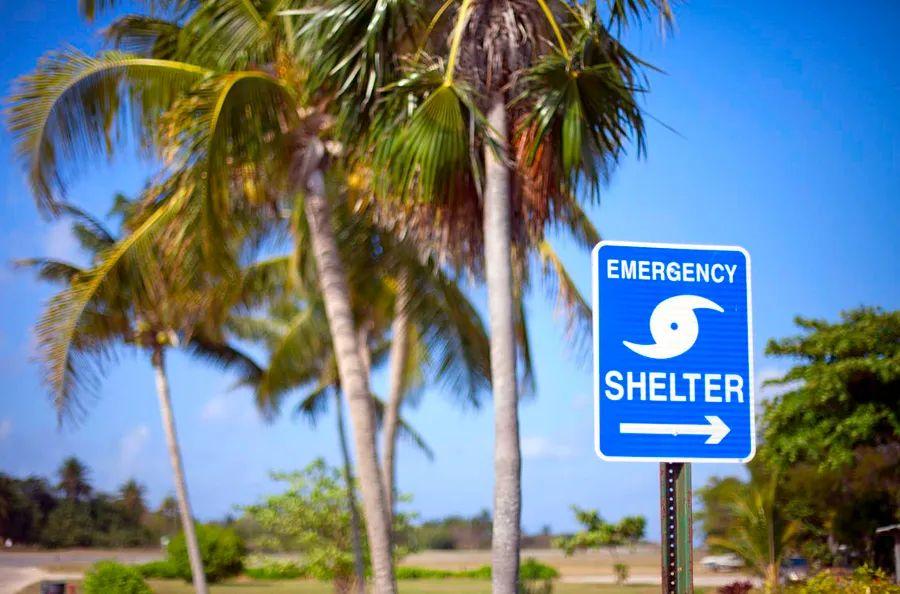Traveling to the Caribbean during hurricane season

No matter the season—winter, spring, summer, or fall—there’s always a good reason to visit the Caribbean.
Although summer marks the start of the Caribbean’s hurricane season, the rise in rainfall often brings discounts on everything from flights to accommodations. The region’s vibrant spirit remains unshaken, with many islands like St Lucia, St Vincent, and Antigua celebrating carnival (vaval) festivities from June to August.
If you’re planning a summer or fall trip to the Caribbean, we have the answers to your key questions about navigating possible storms.
Ready to organize your getaway? Discover the top destinations in the Caribbean
 Ensure you have proper insurance before traveling © m_boldrin / Shutterstock
Ensure you have proper insurance before traveling © m_boldrin / ShutterstockWhat is the duration of hurricane season?
Hurricane season spans from June to November, with the peak activity occurring between August and October.
What steps can I take to safeguard my trip?
If your trip is disrupted by bad weather, travel insurance can soften the impact and help you return to the Caribbean at a later date. Numerous companies provide coverage for trip interruptions and cancellations—just ensure there’s a 'cancel for any reason' option that includes weather-related issues. Additionally, check your credit card benefits to see if you already have coverage.
What’s the best way to track possible storms?
Thanks to advanced tracking technologies and the gradual development of hurricanes, you can generally anticipate if a storm is approaching. Stay alert to weather updates before your trip and remain connected while traveling—swift action may be necessary if an emergency occurs. Always heed evacuation orders from local authorities.
Planning to visit the Caribbean during different seasons? Check out our seasonal guide
 If a storm approaches nearby, anticipate wind, rain, and turbulent seas © Tramino / Getty Images
If a storm approaches nearby, anticipate wind, rain, and turbulent seas © Tramino / Getty ImagesWhat should I do if a hurricane occurs while I'm there?
Before you travel, get to know the evacuation plans and resources of your destination. Once you arrive, consult local officials or experts to understand how their alert system functions. There may be an emergency text service or other notification methods to keep you informed. Know your evacuation routes in advance, and if you find yourself in the storm's path without an option to evacuate, seek shelter away from windows and exterior walls—stay in interior rooms.
What additional information should I consider?
Even if an island is located outside the hurricane zone, it can still experience the effects of nearby storms, such as strong winds, heavy rainfall, and choppy seas. Monitor the forecast if a storm is near, and check with locals about road conditions during and after rain before setting off.
Which websites should I save as favorites?
US National Oceanic and Atmospheric Administration monitors hurricane activity in the Gulf of Mexico and Caribbean Sea.
Caribbean Hurricane Network Blog utilizes NASA-powered radar and features hurricane correspondents throughout the islands.
Excerpted from Dinogo Planet's latest guidebook on Caribbean Islands. Purchase it here.
Evaluation :
5/5



